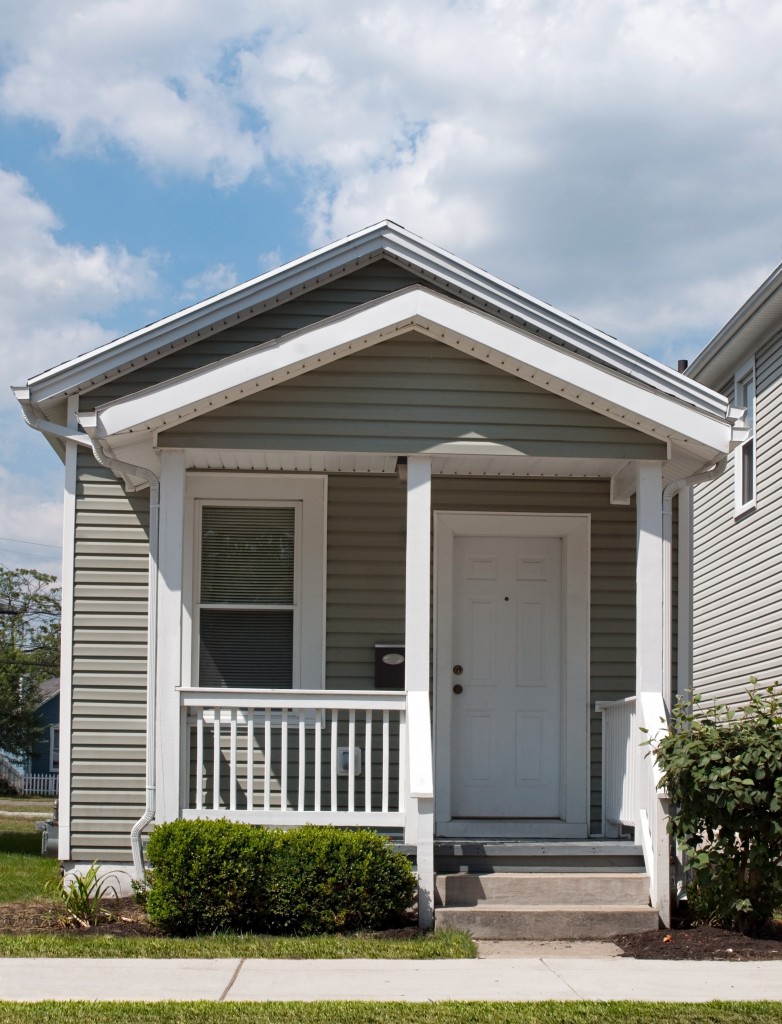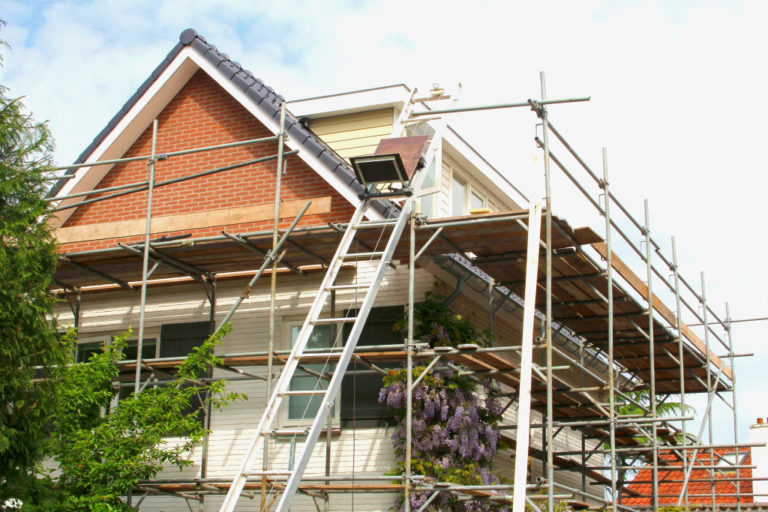Everyone knows about the tiny house movement. The idea of living in a tiny home has blown up in the past few years. There are TV shows, YouTubers, bloggers, and entrepreneurs all jumping in on the craze and show-casing what it’s like to join to be part of the tiny home nation. Due to the environmental issues that we have been facing in recent years. People are becoming more conscious about the environment. They are looking for ways to cut down on energy and start living more sustainably. Living in a tiny house allows people to do just that.
A tiny house is typically around 100 to 400 square feet. As long as it doesn’t exceed 500 square feet it’s considered a tiny house. Because it is so tiny, people have no choice but to force themselves to pick and choose the items they’ll be taking with them to their tiny homes. It is a brilliant idea. It’s also amazing to see how creative the designers get when it comes to saving space. After watching tons of shows and videos about tiny homes, you start thinking that this might be a great business idea and a great trend to jump on. It’s not.
The thing with these TV shows is that they only show you the good parts. Like the designing, the building, and the final reveal. You don’t get to see what it’s like living in it afterward. And there are plenty of problems when it comes to building a tiny home as well. After reading this you might want to invest in some campers for sale instead.
Zoning laws are a big problem
- One of the biggest issues for people with tiny homes is zoning laws. If you’ve never heard of zoning laws, simply put, most states dictate how big a house should be to even consider it a house. It’s also the same laws that stop people from trying to live inside their cars.
- Cities make it mandatory that houses should be at least 1000 square feet to be considered legal. That means even if people have their land, their tiny homes still wouldn’t be considered a house if it is under 1000 square feet. And if people think about moving it around to avoid these laws, they’ll have a hard time trying to find a place to “park” their tiny home. Because people can’t just park their tiny homes wherever they like.

Tiny homes are expensive to build
- How do tiny homes get so expensive? It’s because it uses premium features and appliances that are the only ones capable of fitting into such a small space. Building a single tiny home can cost up to $60,000. Imagine having to build something that expensive and then having to deal with zoning laws. You’re better off investing that money into something else.
It’s hard to get insurance for it
- Policies state that insurance coverage isn’t available for structures that aren’t built to building code. Houses on wheels, tiny homes, homes without permanent foundations, and yurts all fall into this category. Which is why it’s difficult to get insurance for tiny homes.
If you thought starting a tiny home business was a good idea, think again. Tiny homes are very unreasonable. There are plenty of stories out there that prove how difficult it really is to deal with a tiny home. If it’s the sustainability and saving energy that they’re after, there are plenty of ways to save energy while living in a normal house.
Maybe energy-efficient home improvements should be something you look into instead. Sooner or later people will start realizing the same thing and the thrill of having a tiny home won’t be there anymore. According to Forbes magazine, tiny homes are less marketable than you think.
Buying an RV or a camper and renting it out would make you more profit than building a tiny home and having to deal with all the legal issues that come with it. RVs that get listed on RVShare can earn $16,000 to $40,000 a year. It would also save you a significant amount of money, as RVs and campers cost much cheaper and are easier to maintain than a tiny home.
They are also more mobile as they are built to face the harsh winds while driving on the highway. If it’s the appeal and aesthetic value that you’re worried about, you could also make RVs and campers more appealing as well. You also wouldn’t have to worry about the aerodynamics of it. Getting insurance coverage for an RV and camper would also be so much easier.

















